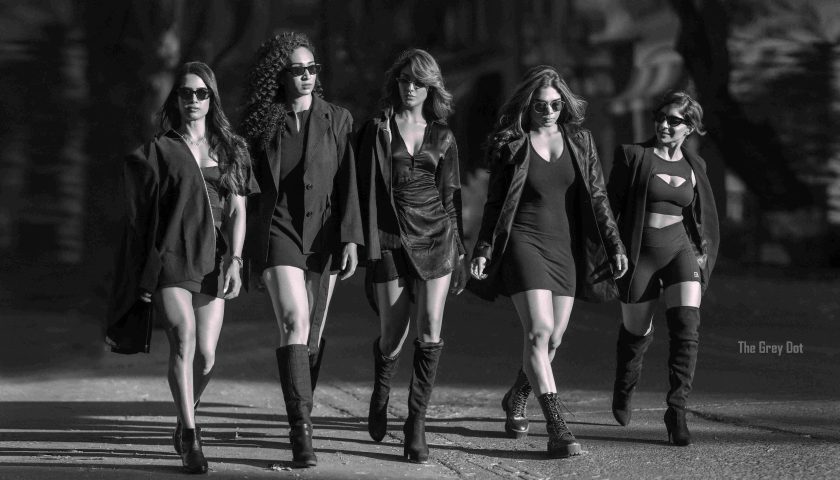H&M, Boohoo, Asos and George at Asda may be the first brands to come under fire for their green claims, but they likely won’t be the last.
“Greenwashing abounds” in the fashion sector, according to a recent report by StyleSage, which pointed to research showing that many brands regularly misrepresent their environmental impact.
The market intelligence platform found significant increases in products labeled with sustainability claims when it analyzed information from more than 300,000 items from 50 retailers in the US, UK and Germany from January 2020 to June 2022, looking at trends in prices , mix of assortments, language. and descriptions.
Each country saw growth of at least 250 percent since the start of 2020, with terms such as “recycled,” “organic” and “sustainable” used more often to describe clothing. “Vegan”, “sustainable” and “recycled” were most often used to describe the shoes.
StyleSage said there is little real science to back up these claims. It found a 298 percent increase in false claims, compared to a much smaller 69 percent increase in the use of certifications and audits by organizations such as Oeko-Tex, Better Cotton Initiative (BCI), USDA Organic, B Corp , Global Organic Textile Standard (GOTS), International Fair Trade or Forest Stewardship Council.
“When we looked at generic sustainable keywords used in product descriptions versus those using sustainable certifications, we saw that the number of articles using the generic terms actually outnumbered certified sustainable clothing by more than six times,” he wrote. The US leads the way in adopting sustainable certifications, but vaguely labeled items still outpace this progress.
According to StyleSage’s analysis, discount retailers and fast fashion brands are more often involved in greenwashing variations versus more expensive brands. Zara appeared to characterize 99 percent of its goods as sustainable, using terms such as “environmental,” “responsible,” “recycled,” “conscious” and “upcycled.” Another Spanish brand, Mango, used such terms to describe 57 percent of its assortment. “With large percentages of ‘sustainable’ labeled items in their mix, this doesn’t fit the consumer business model,” StyleSage said. Meanwhile, online marketplaces Shopbop and Net-a-Porter describe only 2 percent and 12 percent of products using such keywords, respectively.
Many retailers are simply not specific enough about product composition. Roughly 10 percent of retailers analyzed used “recycled materials” or “recycled fibers” to describe product inputs — “a somewhat vague reference and difficult to verify,” StyleSage said.
However, StyleSage research showed a high adoption of recycled polyester. In Germany and the UK, more than 60 percent of retailers describe some products as being made from the material, compared to 53 percent in the U.S. Between 12 percent and 14 percent of all retailers surveyed are using also recycled cotton in their assortments, according to the product descriptions.
Sales of products labeled as sustainable are similar to the sales rates of regular items, despite the higher prices. StyleSage said this highlights an opportunity for companies producing sustainable fashion, which has not reached its market potential.
For example, shoes labeled with eco claims make up just 6 percent of the market – but sustainable shoes are sold at a rate of 27 percent, compared to 20 percent for non-eco offerings. The rate was even closer for durable and non-durable denim offerings, at 19 percent and 20 percent, respectively. Meanwhile, sustainable denim makes up just 24 percent of the product on sale in the US, UK and Germany. Activewear was sold at a rate of 21 percent regardless of sustainability labeling, with only 27 percent of products designated as environmentally friendly.




